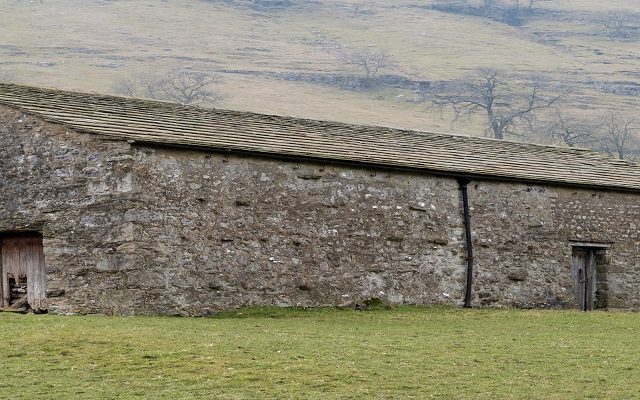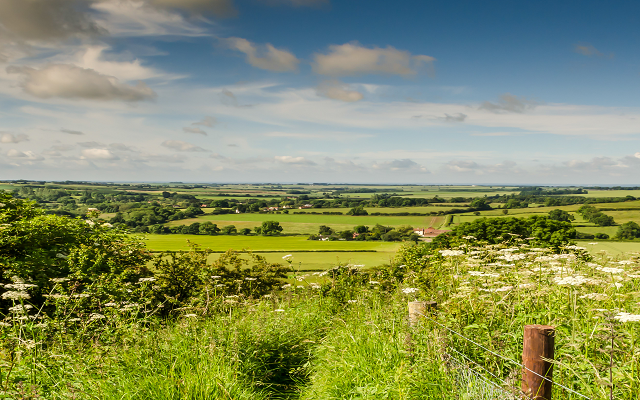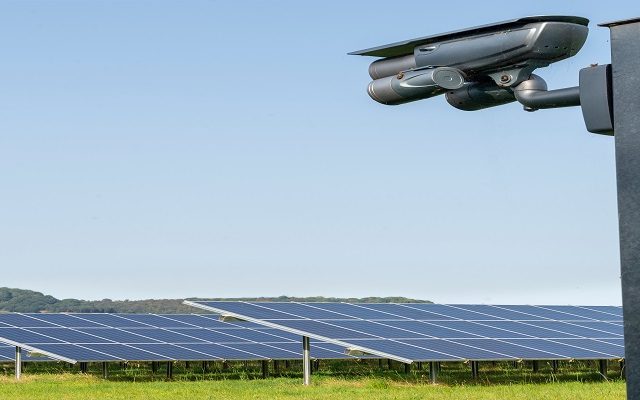Managing private water supplies on rural estates
Private drinking water supplies are commonly found on rural estates and farms and it is important that landowners follow best practice in managing them, as well as ensuring that they are compliant with recent legislation.
It is an area that can be all-too-easy to overlook, particularly if private supplies are long-established and what comes out of the tap continues to look, smell and taste much as it always has.
Hopefully, most people in charge of a private supply of water for human consumption will be aware they have strict legal responsibilities they need to meet, set down by the Private Water Supply Regulations (2016). These aim to safeguard public health by focusing on the quality and quantity of drinking water from private sources.
But while managing a private water supply brings responsibilities, it is something that should be valued. The ability to pump your own water out of the ground can be a significant asset, depending on the enterprises on an estate. Certain types of production use a lot of water and having your own supply can represent significant cost savings.
It is estimated about 1% of the population of England and Wales rely on a private water supply.
Legal requirements
Under the Private Water Supply Regulations, all supplies which serve anyone other than the landowner’s immediate household should have at least been subject to a local authority risk assessment, carried out within five years of 1 January 2010.
The risk assessment involves tests to show that water is free of bacteriological contamination and falls within defined parameters for chemical constituents, such as lead, iron, manganese and nitrates. These tests are then meant to be repeated every five years.
Local authorities may also inspect the key features of the supply itself, tracking it back to its source to identify where improvements can, or should, be made.
However, the reality is that while some local authorities have implemented a regular water testing and monitoring regime, this is not universal and many private supplies in remoter areas remain untested.
Fit for the future?
So how can landowners ensure they are ahead of the curve when it comes to managing private water supplies?
In cases where local authorities are still to carry out a risk assessment, we recommend that estates carry out a test themselves at the earliest opportunity and continue to test their water on an annual cycle.
An estate water audit is a good way of staying on track in terms of meeting regulatory requirements and will also help to identify if there are weaknesses within the system that need to be addressed.
This audit should consider:
- Is there a comprehensive, accurate and up-to-date estate water supply map, which shows all features and the pipe material?
- Is there an up-to-date list of all water supply users, so they can be contacted promptly if necessary?
- Is the system reliable in terms of quantity at all times of year?
- Where and when was the water last tested? Is the water of satisfactory quality?
- Is the supply treated, if so how and is the treatment system regularly maintained?
- Has the local authority undertaken a risk assessment? If so, have the recommended actions been undertaken?
- Has all asbestos pipework been replaced? Is the pipework fit for purpose?
- Is there a regular programme for checking that all chambers are suitably protected from entry by vermin and dirt, and recording of this? Are all fittings, especially field troughs, regularly checked for leaks?
- Is there a pumphouse? If so, is it properly frost-proofed? Is there a replacement pump on hand?
- What is the fallback position in the case of a sampling or supply failure (for most estates the back-up will be paying for a bowser or standpipe from the mains).
- Is the system likely to cope with ever-more stringent legislation?
- What plans are there for investment in the system?
- How can limited financial resources best be deployed to improve it?
- How (if at all) are users of the water charged for it?
The water supply is possibly your most important piece of infrastructure and can be a huge asset to the business.
A top-notch water supply is as important to a rural estate as having excellent mobile and broadband connections – an essential part of the package which draws people to live and work in a particular area. It is vital to ensure that it is fit for purpose, and fit for the future.
If you would like to talk to someone about your obligations with regard to private water supplies contact Matthew Scott.






